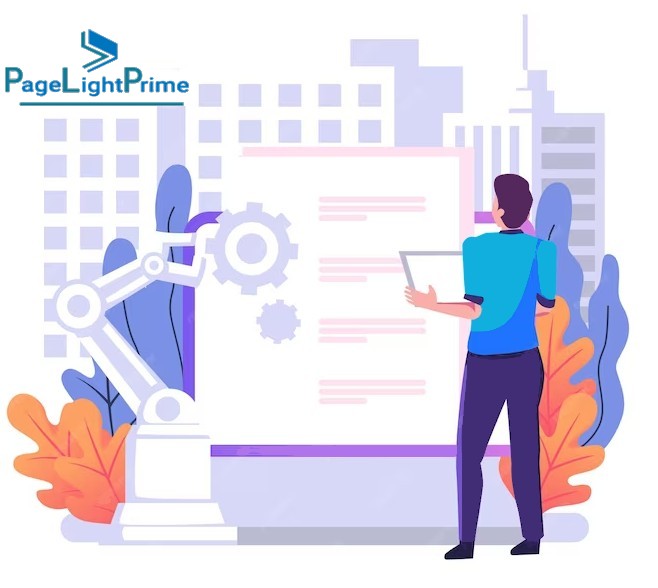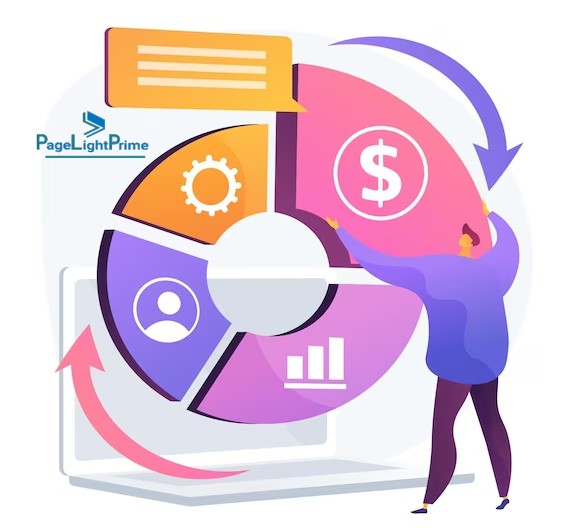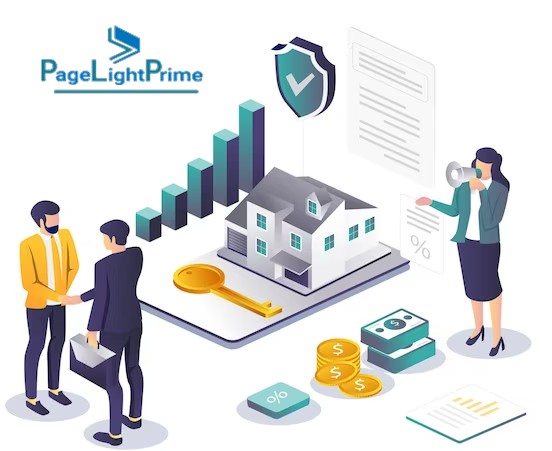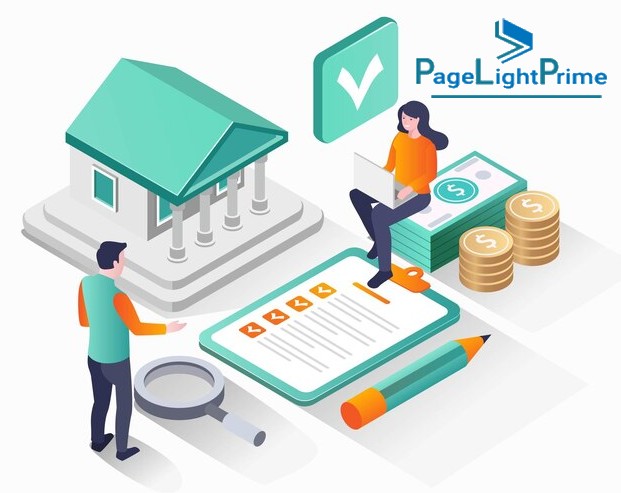The Role of Technology in Modern Estate Planning
The landscape of estate planning, traditionally reliant on paper-based processes, is undergoing a substantial transformation through technology integration. This evolution seeks to address the changing needs of a tech-savvy clientele, emphasizing the importance of efficiency, quality, and ethical standards. This discussion explores the complexities and opportunities associated with the integration of technology in estate planning, underscoring the need to stay informed about technological advancements while upholding ethical principles.
Written by Knowledge Team, posted on February 26, 2024

The Digital Evolution of Estate Planning:
In the digital era, estate planning now encompasses not only physical assets but also a diverse range of digital holdings. From cryptocurrency to online accounts and digital media, practitioners face the challenge of managing and transferring these digital assets. Recognizing the increasing significance of digital estate planning, practitioners must expand their knowledge and adapt strategies to meet these unique challenges.
Keeping Pace with Technological Progress:
The swift pace of technological advancement introduces new dimensions to the estate planning process. Practitioners must remain updated on the latest technologies to anticipate surprises in estate settling. Embracing tools like document automation software not only improves efficiency but also aligns with evolving client expectations. This adaptability contributes to positive professional reputations and increased client retention.

Balancing Technology and Human Expertise:
While technology streamlines estate planning, the role of artificial intelligence (AI) must be acknowledged. AI can play a crucial role in tasks like wealth forecasting and tax optimization, but exclusive reliance on AI poses risks. Human attention remains indispensable for providing customized provisions and a nuanced understanding of clients’ unique circumstances, ensuring a holistic and personalized estate plan.
Addressing Ethical Considerations:
As technology shapes estate planning practices, practitioners must prioritize ethical considerations. Regularly reviewing retainer agreements to align with evolving ethical rules and technology integration is crucial. Safeguarding client data becomes paramount, emphasizing the importance of technical competence and secure information handling.
Emphasizing Counsel Over Document Production:
In a tech-enabled world, estate planners must highlight the enduring value of legal counsel. While tools like document automation software enhance efficiency, they do not replace the insights and expertise of a qualified attorney. Clients should be educated on the distinction between document production and the comprehensive guidance offered by a skilled estate planning professional.

Estate Planning Practice Software
In the evolving landscape, specialized estate planning law software becomes essential for efficiency, organization, and client communication. Estate planning practice software should encompass key functionalities:
Document Automation and Management:
- Generate power of attorney, wills, and succession documents efficiently through legal document automation software.
- Comprehensive legal document management features for secure organization.
Digital Asset Management:
- Tools to catalog and manage digital assets, considering complexities.
- Secure storage and transfer mechanisms for compliance with legal standards.
Client Communication and Collaboration:
- Integrated communication channels for seamless practitioner-client interaction.
- Collaboration features enabling secure online client information exchange.
Task and Deadline Management:
- Robust law firm workflow and task management functionalities to stay organized.
- Automated reminders for tasks, appointments, and document reviews.

Integration with Financial Tools:
- Seamless integration with financial planning tools for accurate forecasting.
- Compatibility with legal accounting software for precise financial handling.
Security and Compliance:
- Advanced security measures, encryption, and secure authentication.
- Adherence to industry-specific compliance standards to mitigate risks.
Reporting and Analytics:
- Reporting features for insights into ongoing cases and overall practice performance.
- Analytical tools for trend identification and decision-making.
Training and Support:
- User-friendly interfaces with training resources for quick onboarding.
- Responsive customer support to address software-related queries promptly.

Conclusion
In conclusion, estate planning practice software is a pivotal element in modernizing the estate planning process. While these tools automate tasks and ensure compliance, they complement rather than replace the expertise and personalized guidance of skilled practitioners. Striking the right balance between technology and human insight is crucial for navigating the complexities of estate planning in the digital age.
